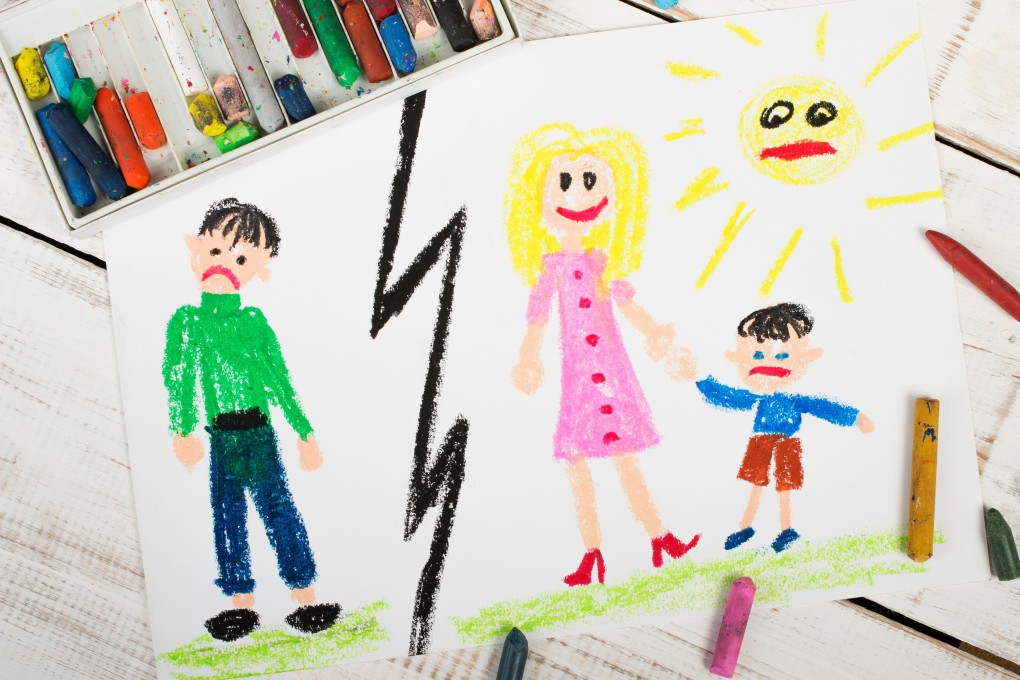The Naked Truth | Why children are first priority for divorcing couples, and how to minimise their trauma
- Break-ups are never easy and when children are involved, the potential for trauma is multiplied
- The right attitude and approach to divorce can reduce their heartache in the short and long term

A separation or divorce is a highly stressful and emotional experience for everyone in a family, and children especially – no matter their age – will experience their own trauma from such an event.
Pain is an unavoidable reality of divorce, but long-lasting trauma can be reduced if the situation is approached appropriately. The trauma of divorce can affect a person well into adulthood, so it is vital that parents confront the problem head on and not avoid it.
Understandably, children tend to feel totally helpless as they are experiencing the loss of a family unit and an established way of life.
Parents must allow their child to cope in their own ways. They need to help them express and deal with all their emotions.
Leaving such complex emotions unchecked will cause negative feelings to fester into something ugly. As a parent, you must have the courage and sensibility to tackle these difficulties alongside your child.
To a child, their parents’ divorce can mean that their whole world has turned upside-down. No matter the age, children will always feel a huge loss witnessing the dissolution of their parents’ marriage.
